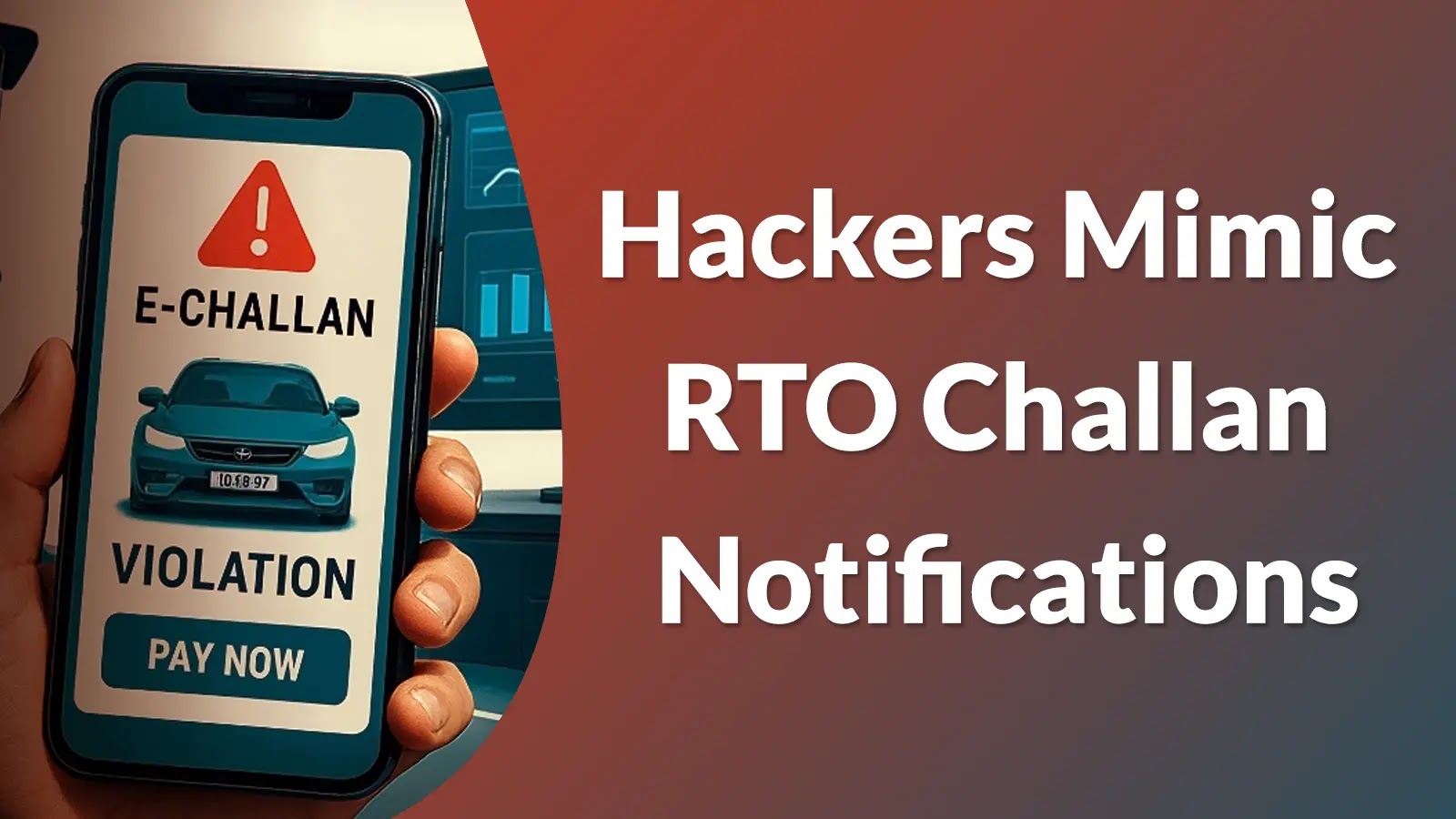In a significant international law enforcement effort, authorities have successfully disrupted the operations of NoName057(16), a pro-Russian hacktivist group notorious for orchestrating distributed denial-of-service (DDoS) attacks against Ukraine and its allies. This coordinated action, known as Operation Eastwood, involved agencies from multiple countries and led to the dismantling of the group’s infrastructure, including over 100 servers worldwide.
Background on NoName057(16):
Emerging in March 2022, shortly after Russia’s invasion of Ukraine, NoName057(16) positioned itself as a pro-Kremlin collective. The group mobilized ideologically motivated individuals through platforms like Telegram, encouraging them to participate in DDoS attacks against various targets. Participants were incentivized with cryptocurrency payments, fostering a gamified environment that attracted a significant number of supporters. The group’s primary tool for these attacks was a program called DDoSia, which facilitated coordinated assaults on selected websites.
Scope of the Operation:
Operation Eastwood, executed between July 14 and 17, 2025, was a collaborative effort involving law enforcement agencies from countries including Czechia, France, Finland, Germany, Italy, Lithuania, Poland, Spain, Sweden, Switzerland, the Netherlands, and the United States. The operation’s key outcomes were:
– Infrastructure Disruption: Authorities dismantled a substantial portion of NoName057(16)’s central server infrastructure, taking offline more than 100 systems globally. This action significantly impaired the group’s ability to conduct further attacks.
– Arrests and Legal Actions: The operation resulted in two arrests—one in France and another in Spain. Additionally, seven arrest warrants were issued, targeting six Russian nationals believed to be key figures within the group. Notably, five individuals were added to the European Union’s Most Wanted list:
– Andrey Muravyov (aka DaZBastaDraw): Suspected of significant contributions to the group’s DDoS activities.
– Maxim Nikolaevich Lupin (aka s3rmax): Allegedly involved in the development and optimization of attack software.
– Olga Evstratova (aka olechochek, olenka): Accused of responsibilities related to enhancing the DDoSia attack software.
– Mihail Evgeyevich Burlakov (aka Ddosator3000, darkklogo): Believed to have played a leading role in decision-making and software development for the group’s operations.
– Andrej Stanislavovich Avrosimow (aka ponyaska): Attributed to numerous cases of computer sabotage.
– Searches and Seizures: Law enforcement conducted 24 house searches across several countries, including Spain, Italy, Germany, the Czech Republic, France, and Poland. These searches aimed to gather evidence and further disrupt the group’s activities.
– Community Outreach: Authorities reached out to over 1,000 individuals suspected of supporting NoName057(16), informing them of the legal consequences associated with their involvement in the group’s activities.
Tactics and Impact:
NoName057(16) employed a decentralized model, leveraging a botnet composed of several hundred servers to amplify their DDoS attacks. By utilizing platforms like Telegram and GitHub, the group distributed attack tools and coordinated operations. Their gamified approach, featuring leaderboards and badges, was particularly effective in recruiting younger individuals, who were emotionally driven by narratives of defending Russia or avenging political events.
The group’s targets were strategically chosen based on political events, initially focusing on Ukrainian institutions before expanding to countries supporting Ukraine, many of which are NATO members. Notable incidents attributed to NoName057(16) include:
– Attacks on Swedish Government Agencies and Banks: In 2023 and 2024, the group targeted Swedish institutions, causing disruptions to government services and financial operations.
– Disruption of Political Events: The group orchestrated attacks coinciding with significant political events, such as a NATO summit in the Netherlands and a video address by Ukrainian President Volodymyr Zelenskyy to the Swiss parliament.
– Targeting of Critical Infrastructure: NoName057(16) conducted attacks against critical infrastructure, including power suppliers and public transport systems across Europe, aiming to create societal disruption and influence political discourse.
International Collaboration and Future Implications:
The success of Operation Eastwood underscores the importance of international collaboration in combating cyber threats. By pooling resources and intelligence, law enforcement agencies were able to effectively dismantle a significant cybercrime network. This operation serves as a warning to other hacktivist groups that their activities will not go unchecked and that the global community is committed to maintaining cybersecurity.
While the immediate threat posed by NoName057(16) has been mitigated, authorities remain vigilant. The decentralized and ideologically driven nature of such groups means that remnants or splinter factions could attempt to regroup or rebrand. Continuous monitoring, public awareness, and robust cybersecurity measures are essential to prevent future attacks and to protect critical infrastructure from similar threats.
Conclusion:
The dismantling of NoName057(16) marks a significant victory in the ongoing battle against cybercrime. It highlights the effectiveness of coordinated international efforts and the necessity of proactive measures to counteract the evolving tactics of hacktivist groups. As cyber threats continue to transcend national borders, such collaborative operations will be crucial in ensuring global cybersecurity and stability.



